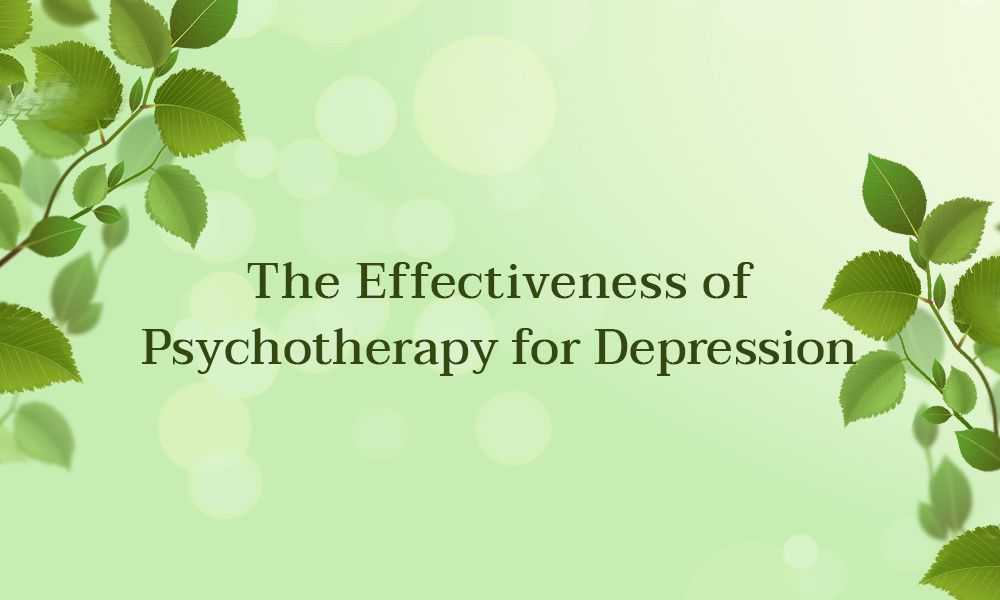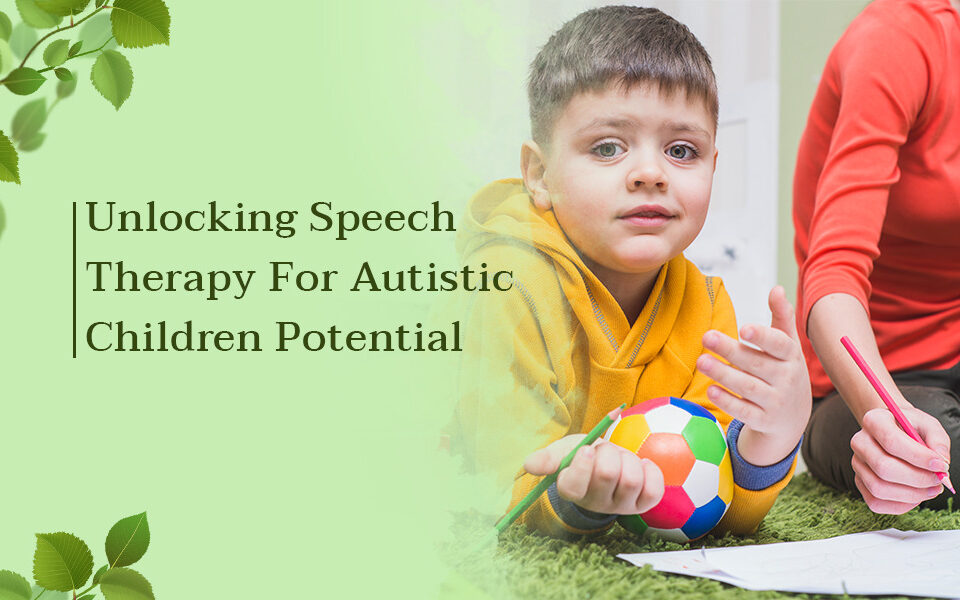- Jofa Tower 5th floor, SB-23, Block 13 C, Main University Rd, Gulshan-e-Iqbal, Karachi.
- +92 322 3746726
- tis@transformation.com.pk
The Effectiveness of Psychotherapy for Depression

Difference between Counseling and Psychotherapy
June 27, 2023
Supportive Psychotherapy Techniques
July 3, 2023In the current systematic study, the effectiveness of psychotherapy for individuals with depression was evaluated. Studies were considered relevant if they compared a recognized kind of psychotherapy to no or minimum care, medication, standard care, or other types of psychotherapy. We compiled the findings from nine high-quality methodological research and included them. The best available evidence indicates that psychotherapy intervention can affectively lessen depression in adults of either sex, but not more effectively than antidepressants, and no particular type of psychological therapy appears to be preferable to another.
Psychotherapy is generally effective for depression. It has been connected to advantageous outcomes for those who suffer from depression, including a reduction in depressive symptoms. Data from additional research on depression and psychanalysis from various decades and nations were examined in a 2018 study. According to the study, psychotherapy works well to address the signs and symptoms of depression.
All control groups that received psychotherapy had improvements, but the researchers were unable to detect any appreciable variations in the outcomes of various forms of psychotherapy. Psychotherapy has been shown to be an effective treatment option for depression. Numerous studies have repeatedly shown its efficacy in lowering depressed symptoms and enhancing general well-being. Here are some key points regarding the effectiveness of psychotherapy for depression:
Effectiveness Comparison
Numerous psychotherapy modalities have been researched and found to be effective for treating depression. Among the well-researched and popular techniques are cognitive-behavioral therapy (CBT), interpersonal therapy (IPT), and psychodynamic therapy. When used in conjunction with medicine to treat more severe depression, these approaches have been shown to be just as helpful as pills in treating mild to moderate depression.
Long-term Advantages
In addition to reducing symptoms, depression psychotherapy also tackles the underlying causes of depression episodes. Long-term advantages may result from doing this since it gives people the coping skills, problem-solving skills, and resilience they need to avoid relapsing in the future.
Effectiveness Across Age Groups
Psychotherapy has demonstrated effectiveness across various age groups, including children, adolescents, and adults. Depending on the developmental stage and particular needs of the person, several therapy strategies and adaptations may be applied.
Prevention Of Relapse
In order to avoid relapses or lessen the severity of upcoming depressive episodes, psychotherapy can be helpful. It gives people the tools they need to spot early warning signs, deal with stressors, and put good coping mechanisms in place.
Combined Treatment Strategy
For more severe or persistent forms of depression, psychotherapy is frequently used in conjunction with medication. Combining medicine with therapy has been found to be particularly successful since it can address biological reasons while also assisting patients in learning coping mechanisms for the emotional and cognitive components of depression.
Personalized Treatment
Plans for treatment can be made specifically for each patient in psychotherapy, taking into account their requirements, preferences, and situation. In order to comprehend each person's specific experiences and create therapy objectives that are appropriate, therapists collaborate with patients.

Sustainability
People receive tools and skills from psychotherapy that they can use once the course of treatment is through. By developing coping mechanisms and increasing self-awareness, people can eventually control their depressive symptoms and maintain their overall mental health.
In conclusion, even though depression psychotherapies are effective, "more than half of patients receiving therapy did not respond and just one third remitted. Additionally, 16%-17% of people react under "care as usual" or "waitlist" control settings. This suggests that we should create depression psychotherapies that are more effective. To be clear, the same may be stated of depression medication (i.e., pharmacotherapy for depression). Indeed, research suggests that medications and psychotherapy have comparable effects, at least in the short term.
It is important to remember that everyone responds to psychotherapy differently, so selecting a therapist and a course of psycotherapy treatment should be based on personal preferences and needs. It is advised to seek advice from a mental health expert who can evaluate each person's unique circumstances and identify the best course of action for treatment. The development of effective treatments for depression should be a secondary objective to ensuring that these medicines are also widely accessible, readily available, reasonably priced, and deemed acceptable by all groups.
Psychotherapy & Psychologist Treatment in Karachi
Book An Appointment For Intake sessions / Consultancy/ OPD charges Rs.1000 only/-




